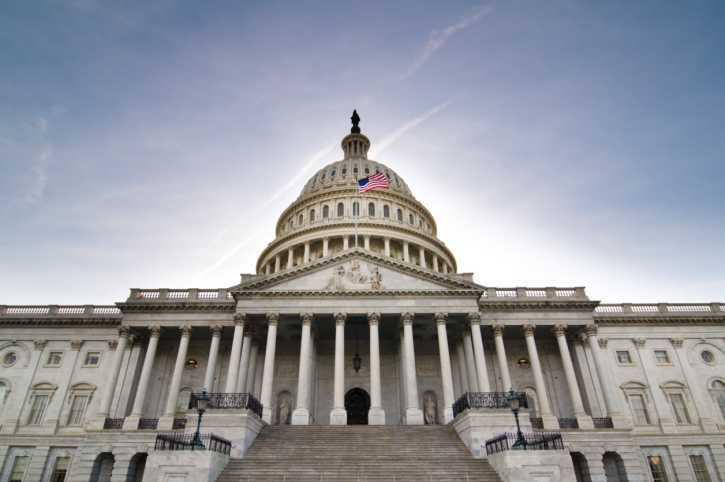Advertisement
ICBA Lobbies for Continued Access for Community Banks to Secondary Market

The Independent Community Bankers of America (ICBA) told Congress during the hearing, “Housing Finance Reform: Protecting Small Lender Access to the Secondary Mortgage Market,” that continued community bank access to the secondary mortgage market is essential so these institutions can continue to meet the mortgage-lending needs of consumers. Testifying before the Senate Banking Committee, ICBA Chairman Bill Loving noted that while the current government-sponsored enterprise (GSE) secondary mortgage market structure has worked well for community banks, ICBA welcomes the return to a more balanced and less concentrated housing finance system.
“In reforming the housing finance system, policymakers must be careful not to create a new system that eradicates liquidity for all but the few largest players, limits access to the market or narrows options for smaller lenders, and imposes requirements that make it too costly for smaller lenders and servicers to participate,” said Loving, who is also president and CEO of Pendleton Community Bank in Franklin, W.Va.
Community banks represent approximately 20 percent of the mortgage market, and nearly 30 percent of community bank respondents in a recent survey said they sell half or more of the mortgages they originate into the secondary market, Loving noted. Any future secondary market structure must preserve the relatively simple process for community banks and other small lenders to ensure their continued robust access to the market, he said.
Loving provided ICBA’s views on several secondary mortgage market issues, including:
►ICBA is pleased with the recognition of the unique role of community financial institutions and the ability of these institutions to have straightforward access to the secondary market,
►the need to preserve the Federal Home Loan Banks as an access point to the national secondary market for community banks,
►ensuring that only loans meeting the “qualified mortgage” definition should be eligible for securitization or sale to the secondary market and contain a government guaranty, and
►gradually and transparently transitioning from the current GSEs to any new credit enhancement/guarantor structure to prevent the disruption of the flow of funds into the housing market.
About the author





